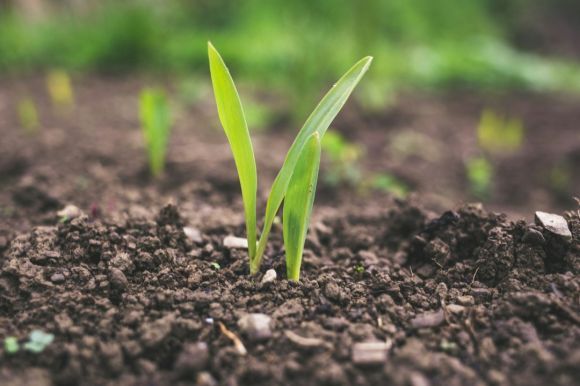Maintaining healthy soil is crucial for the success of any garden or agricultural endeavor. One method that has gained popularity among gardeners and farmers is the use of mulch. Mulch, which is a layer of organic or inorganic material applied to the soil surface, offers numerous benefits for soil health and plant growth. In this article, we will explore the various ways in which mulch can improve soil health.
Retaining Moisture
One of the key advantages of using mulch is its ability to retain moisture in the soil. By creating a barrier between the soil surface and the atmosphere, mulch reduces evaporation, thus helping to keep the soil moist. This is especially important in hot and dry climates where water conservation is essential. Additionally, the layer of mulch prevents rainwater from washing away valuable nutrients from the soil, ensuring that plants have access to the water they need for optimal growth.
Preventing Erosion
Another benefit of mulch is its ability to prevent soil erosion. When heavy rains or strong winds occur, the top layer of soil can easily be washed or blown away, leaving behind bare soil. This not only results in the loss of valuable nutrients but also exposes the soil to further erosion. By applying a layer of mulch, the soil is protected from the impact of raindrops and the force of wind, reducing the risk of erosion. As a result, the soil remains intact and stable, providing a suitable environment for plant roots to develop and grow.
Regulating Temperature
Mulch also plays a role in regulating soil temperature. In hot weather, mulch provides shade to the soil, preventing it from overheating. This is particularly beneficial for sensitive plants that are susceptible to heat stress. Conversely, in colder climates, mulch acts as an insulating layer, keeping the soil warmer and protecting it from freezing temperatures. By maintaining a more stable temperature, mulch creates a favorable environment for soil microorganisms, which are essential for nutrient cycling and overall soil health.
Suppressing Weeds
Weeds are a common nuisance in gardens and agricultural fields, competing with desired plants for nutrients, water, and sunlight. Mulch can help to combat weed growth by suppressing weed germination and growth. The layer of mulch acts as a physical barrier, preventing weed seeds from reaching the soil surface and receiving the necessary conditions for germination. Additionally, mulch blocks sunlight from reaching weed seedlings, inhibiting their growth. By minimizing weed competition, plants can utilize the available resources more efficiently, leading to healthier and more productive growth.
Improving Soil Fertility
Mulch can also contribute to improving soil fertility. As the mulch material breaks down over time, it adds organic matter to the soil. This organic matter is rich in nutrients and serves as a food source for soil organisms, such as earthworms and beneficial bacteria. These organisms play a vital role in decomposing organic matter and releasing nutrients in a form that plants can absorb. The addition of organic matter through mulch enhances soil structure, water-holding capacity, and nutrient availability, ultimately promoting soil fertility and plant productivity.
Conclusion
In conclusion, mulch offers a range of benefits for soil health. By retaining moisture, preventing erosion, regulating temperature, suppressing weeds, and improving soil fertility, mulch contributes to the overall health and productivity of the soil. Whether you are a dedicated gardener or a commercial farmer, incorporating mulch into your soil management practices can have a significant positive impact on your plants and the environment. So why not give mulch a try and witness the transformation it can bring to your soil health?





